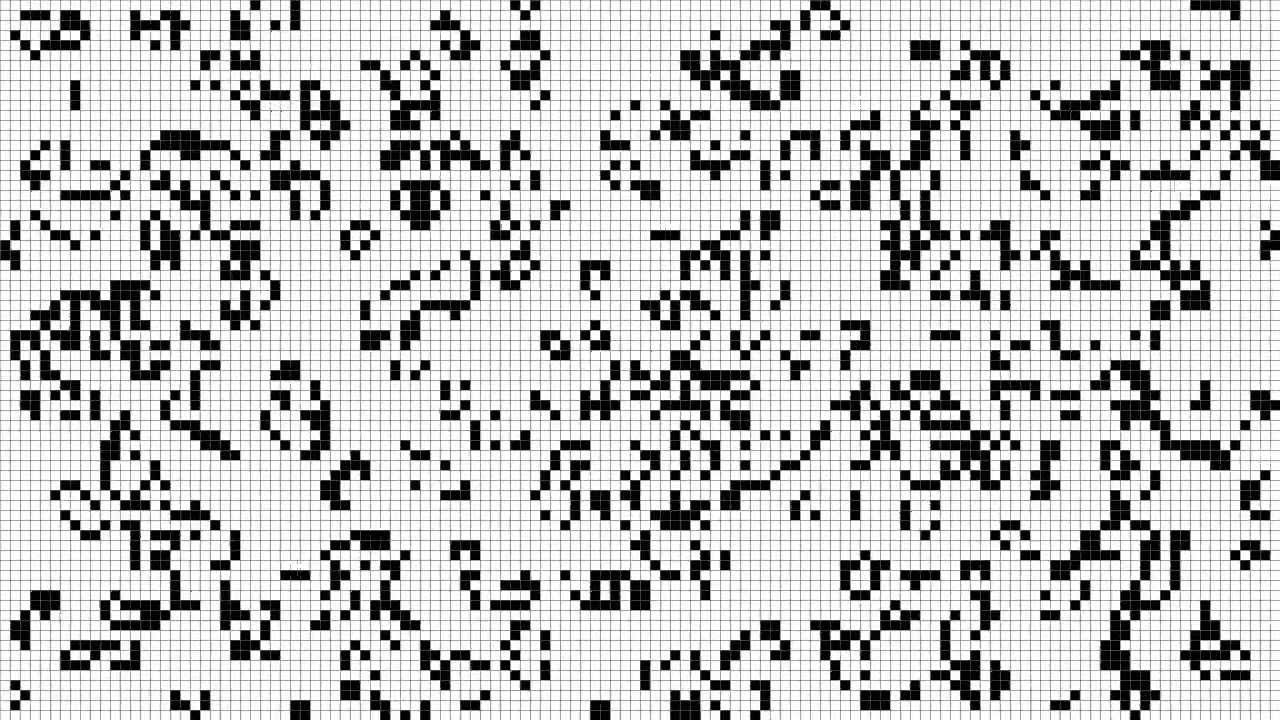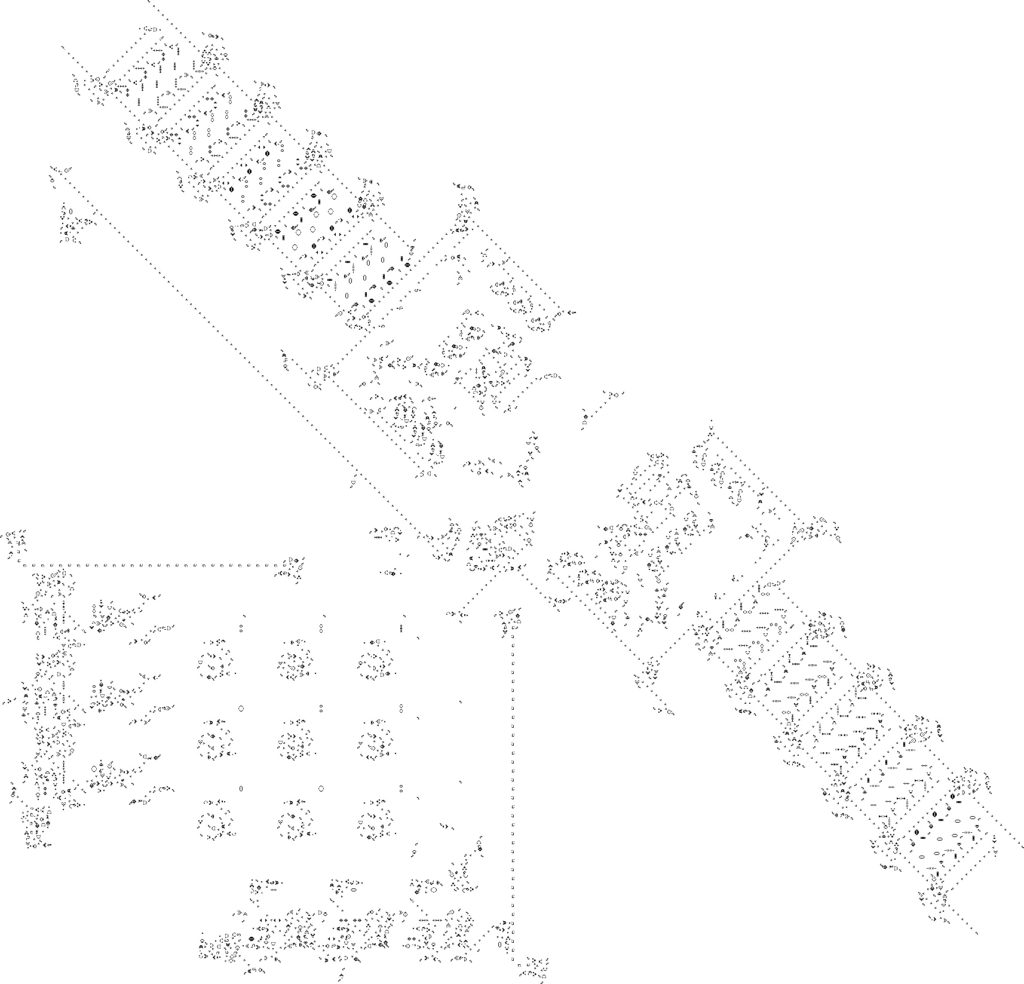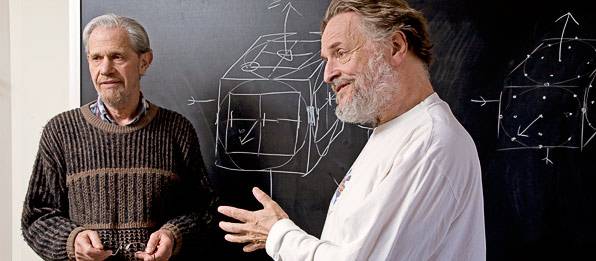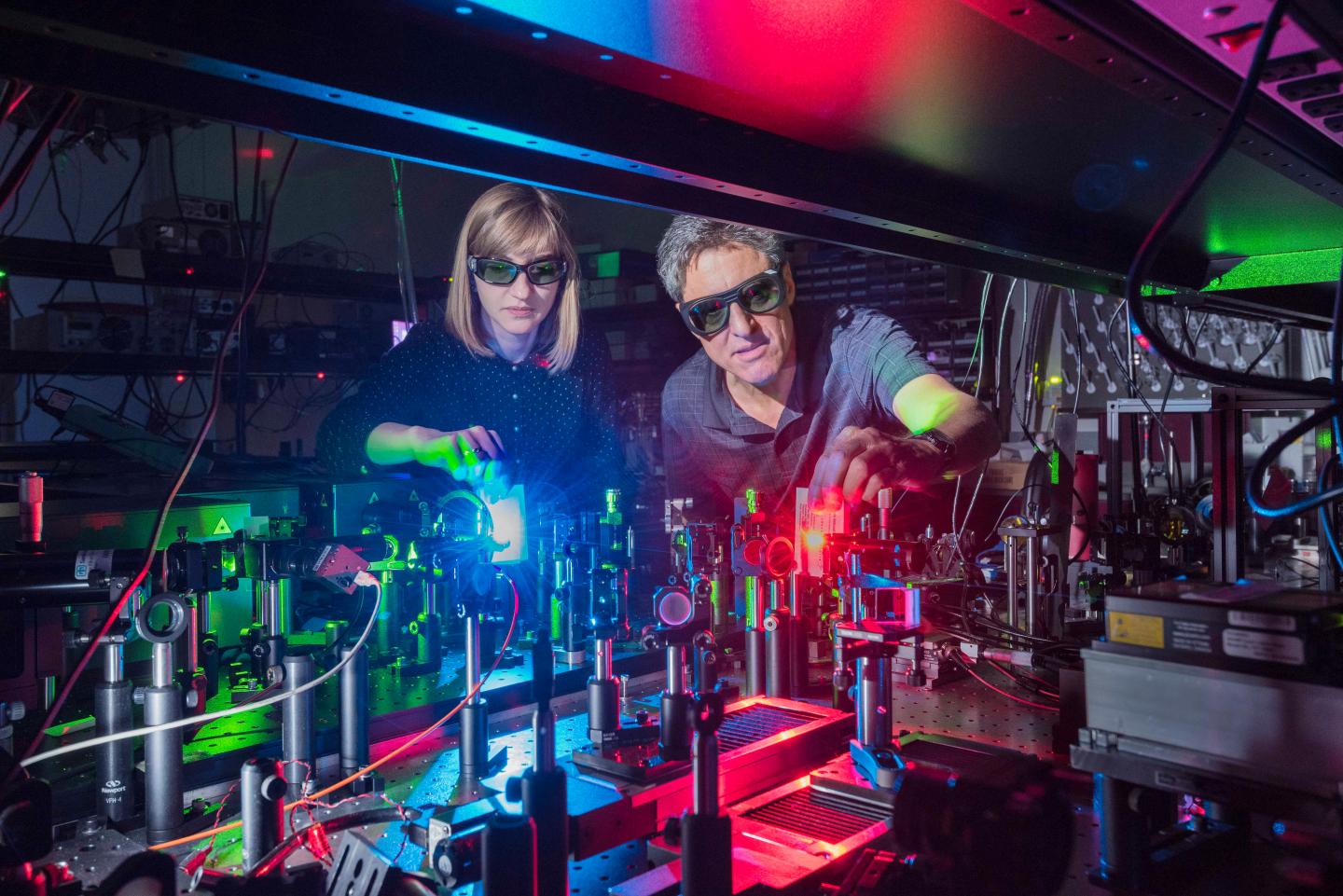Physicist: It depends on what you mean by “free will” and where you draw the line on “determinism”. Both of these are a matter of opinion, so philosophers (and the rest of us) will have plenty to argue about for the foreseeable future.
If our choices are expressions of the activity of nerves cells, which are soggy bags of molecules clacking together (to paraphrase Gray’s Anatomy), which are governed entirely by fundamental universal laws, then everything we do is dictated by physical mechanics. Even the feeling that we have free will would just a bunch of atoms all following the same set of simple rules every time they meet another atom, repeated super ad nauseam.
So if physical laws are all deterministic, then everything anyone does is just as “fated” as a rock rolling down a hill or a clock chiming. Now, you may be lacking free will in some idealized sense, but if there’s no way to tell, then what are you really missing? Whether your actions are predictable in theory is not quite as important as whether your actions are predictable in practice. The tiny, individual interactions that make up everything we do are easy (well… kinda) to predict, but big systems are a lot more complicated than the sum of their parts.
Conway’s “Game of Life” (different from the one where the goal is to die rich) provides a beautiful example of this. The Game of Life, which really should have been called “Staring at Pixels”, is a very short list of rules applied to pixels on a grid that describes which will be “alive” in the next “generation”. Systems of tiny, simple things (like pixels with basic interaction rules) are called “cellular automata”.

Each pixel borders eight others. If a “dead” pixel borders three “living” pixels, it comes to life in the next generation. If a living pixel borders two or three other living pixels, it stays alive. Otherwise a pixel dies.
If you’re not familiar with the Game of Life, it’s well worth taking a moment to play around with it. Despite baby-simple rules that only govern individual pixels and their immediate neighbors, the ultimate behavior of the Game can not, in general, be predicted from the initial conditions without actually running through the generations. In fact, the Game of Life is capable of the same level of complexity as the computer that runs it (if allowed to run on a large enough grid); so a computer can simulate the Game of Life, but at the same time the Game of Life can simulate a computer.

A computer, simulated in the Game of Life, simulated in a computer, replicated on a screen, and perceived by someone (perhaps) with free will.
The Game of Life is to free will, as a misplaced red wig full of bearer bonds is to clowns. If you spend enough time with the former, you can’t help but ask probing questions about the latter. Whether you’re talking about neurons or molecules or fundamental particles, people are also made up of lots of tiny “cellular automata”. The behavior of every little piece follows a set of known rules, so in theory you should be able to determine the outcome of even large systems (like people or worlds or whateveryougot) so long as you know everything about the initial conditions. But in practice: nope.
First, you’re not going to figure out the exact position of every particle in any system anywhere near as large as a person, and even if you could, the universe is right there to pile on more stuff to keep track of. Look around. See anything at all? Then it’s happening already.
Second, like the Game of Life, it’s unlikely that there’s a “computational short cut” for physical systems. That is to say, if you wanted to precisely predict what a person will do and think and whatever else, you’d have to simulate all of their bits and pieces, run the simulation forward, and see what happens. But that’s exactly how you handle a being with free will: you just… see what they do. Maybe this wild train we call life is on tracks, but if there’s no way to know where that train is going without actually riding it to the destination, what’s the difference? That’s at least free-will-adjacent.
That all said, the universe is not entirely deterministic. A little over a decade ago Conway and his buddy Kochen, defined something to be “free” when its actions are not explicitly determined by the past, and then proved the “Free Will Theorem” which is both profoundly bonkers and deeply frustrating:
If people have free will, then so do individual particles.
The difference between scientists and philosophers, is that scientists force each other to nail down exactly what they’re talking about and philosophers tend to be a little more loosey goosey (also, scientists are big fans of empirical evidence). So while you may disagree with how they defined the “free” in “free will”, that just means we need more words to work with.
In their paper, they spend buckets of time establishing a known physical principle, “fundamental randomness“, and just a little establishing what in the hell they’re talking about. To wit:
“Why do we call this result the Free Will theorem? It is usually tacitly assumed that experimenters have sufficient free will to choose the settings of their apparatus in a way that is not determined by past history. We make this assumption explicit precisely because our theorem deduces from it the more surprising fact that the particles’ responses are also not determined by past history.” -Koch ‘n Con
Here’s the idea:
For most of history, scientists labored under a rather modest assumption; that all possible experiments have a result, regardless of whether you bother to do those experiments. For example, if your experiment is “is this card the queen of spades?”, then there is an answer whether or not you actually look. By looking you gain a little information, but the result is there whether you bother to do the experiment or not. The card is whatever it is.
Even better, if you have a bunch of cards, it doesn’t matter which you choose to look at; all of them are what they are. If you assume that things are in definite states just waiting around to be uncovered, then there are a variety of mathematical statements you can make that are always true. Statements like “if there are three cards total, then there are a different number of red and black cards”. No matter how clever you are with actual playing cards, this statement (and a hell of a lot besides) must be true.

There are often multiple experiments/measurements you can do with a given system. If the result of each measurement exists before you look, then there are some mathematical statements that can be made about the collective results.
But it turns out that a lot of quantum phenomena, entanglement in particular, are incompatible with some of the equations that come from the assumption that “each card (or particle in this case) already is what it is”. In their paper, Koch ‘n Con provide an explicit example of an incompatibility based on particle spin and this old post goes into a lot more detail on another example, the math behind it, and what it means. The point is: seriously, as weird as it sounds, for many quantum systems it is literally impossible for the results of all possible experiments to exist (and therefore to be predetermined) because those results would be logically inconsistent with each other.
Now, if you assume that everything that happens is completely predetermined, then this isn’t actually a problem. The weirdness of quantum mechanics, the experimenters, and the experiments they choose to do, are all “on tracks”. The person doing the experiment had no choice about which experiment to do, which means that the result of only that one experiment needs to exist. The others won’t be done, so they can be safely swept under the existential carpet.
On the other hand, if the person doing the experiment has free will (in the sense that their actions are not determined by the past), then suddenly there’s an issue. If they’re free to choose any experiment and the result of that experiment is predetermined, then all of the results have to be predetermined. But that’s impossible.
Of course when we do these fancy quantum experiments we always get a result. No big deal. But if we have free will in the sense that our behavior is not entirely determined by the past, then the quantum systems we’re playing around with have free will in exactly the same sense.
The universe would need to be dead-set on conspiring against quantum theorists on a massive scale, and in a very specific way, in order to create the experimental results we’ve seen so far. In order to back up the assumption that the particles involved, the experimenters, and the machines used to do the measurements aren’t all subject to some all-encompassing, atom-by-atom, perfectly executed, and needlessly nefarious systematic bias, the methods used to make the “choices” in the experiments have become a little over-the-top. For example, by measuring entangled particles fast enough and far enough apart that light can’t travel between them, and by using cosmic microwave background radiation from opposite sides of the universe to randomly orient the measurement devices after the entangled particles are created and but before they’re measured. That way, either you really are randomly choosing which experiment you want to do, or the entire universe has been conspiring against you and this particular experiment since the beginning of time. It’s important to be sure about things, but this level of caution can blur the line between due diligence and paranoia.
It’s an open question whether the quantum randomness of particles scales up to produce free will, or at least “not-predetermined-ness”, in living critters. Forced to guess, I’d say… maybe/probably? Brains can turn on a dime and unless they’re actively suppressing it, eventually that quantum randomness should “butterfly effect” its way into our actions. At least sometimes. But if you really want to ensure that your will is as free as an atom’s, you can always carry around a Geiger counter and base all of your decisions on what it reads. You’d be the free-will-est person on your block!










50 Responses to Q: Can free will exist in our deterministic universe?